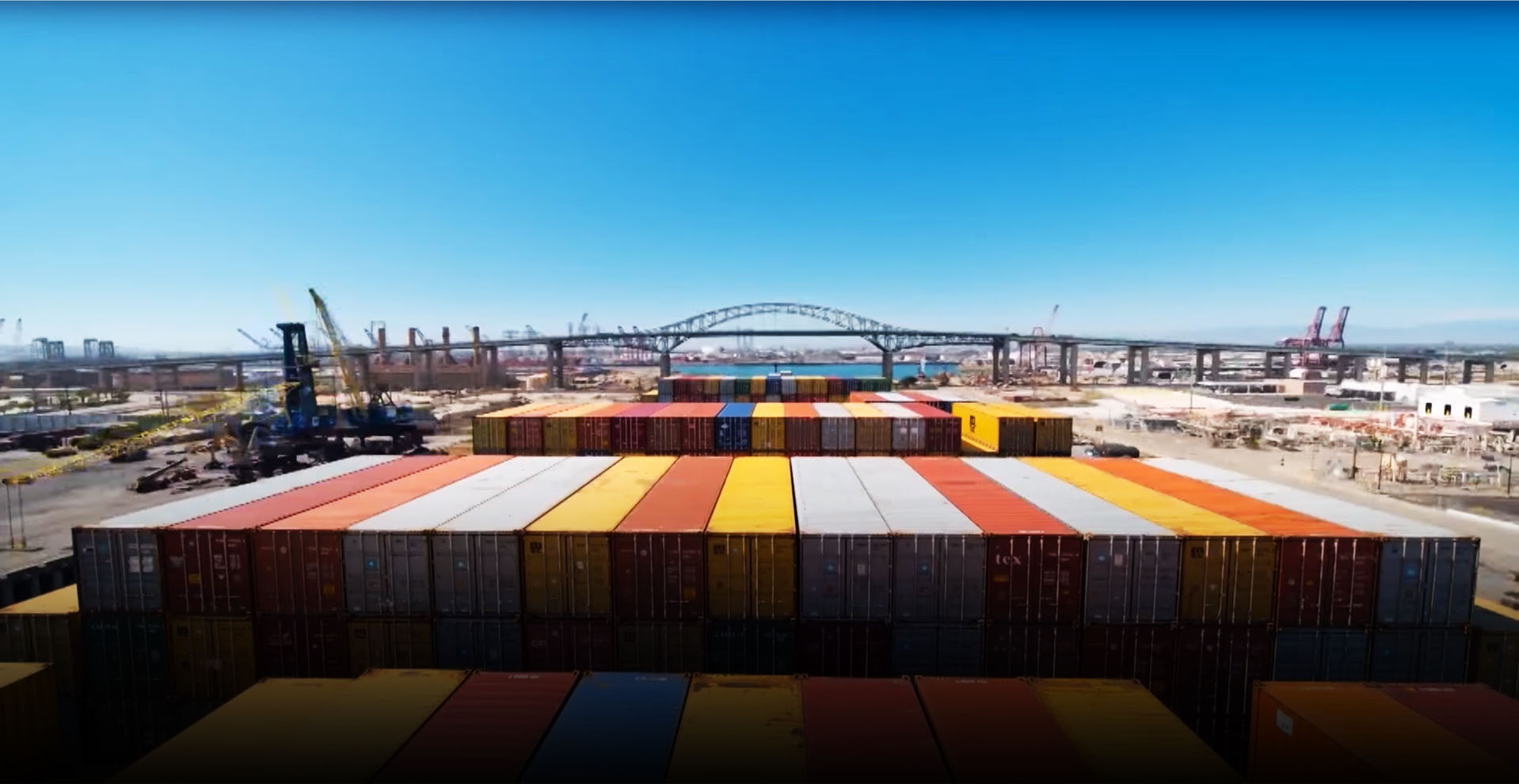Research Projects
Stop the VideoResearch Projects


Slow Streets and Dockless Travel: Using a Natural Experiment for Insight into the Role of Supportive
Project Summary
Project number: NCST-21-11 TO 071Funding source: Caltrans
Contract number: 65A0686
Funding amount: $100,773.00
Performance period: 1/1/2022 to 12/31/2022
Link to Final Report: https://escholarship.org/uc/item/244529qz
Link to Research Brief: https://escholarship.org/uc/item/592274zf
Link to Publications: https://ncst.ucdavis.edu/project/slow-streets-and-dockless-travel-using-natural-experiment-insight-role-supportive
Project description
This research project will implement a before/after, experimental-control group study of slow street infrastructure to examine the role that supportive non-motorized infrastructure can play in non-motorized travel. Several cities implemented slow street programs during the pandemic, closing streets to car traffic, opening traffic lanes to non-motorized uses, or slowing car travel. The researchers will study the programs in the cities of Los Angeles, San Francisco, Oakland, and Portland. The purpose will be to use the slow street programs in four major cities to study how planning programs that reduce auto traffic and speeds can encourage increases in non-motorized travel. This research will take advantage of the opportunity to study the effect of large programs that turned over street space to non-motorized modes-exactly the kind of intervention that many urban planners have been advocating, but an intervention that has not been observed at the scale implemented during the early days of the pandemic. The research team will leverage a partnership with a national dockless bicycle and scooter provider, Lime, to get data on travel along street blocks before and after the slow street program. That will allow the team to implement a before/after, experimental-control group study of the effect of slow streets on dockless travel. The results will give insights into the effect of the slow street programs on non-motorized travel, and by extension, on the role that supportive non-motorized infrastructure can play in encouraging more non-motorized travel.
P.I. NAME & ADDRESS
Marlon BoarnetSenior Associate Dean, Academic Affairs; Professor & Director of Graduate Programs in Urban Planning, Sol Price School of Public Policy
650 Childs Way
Ralph and Goldy Lewis Hall (RGL) 301CLos Angeles, CA 90089-0626
United States
boarnet@usc.edu















